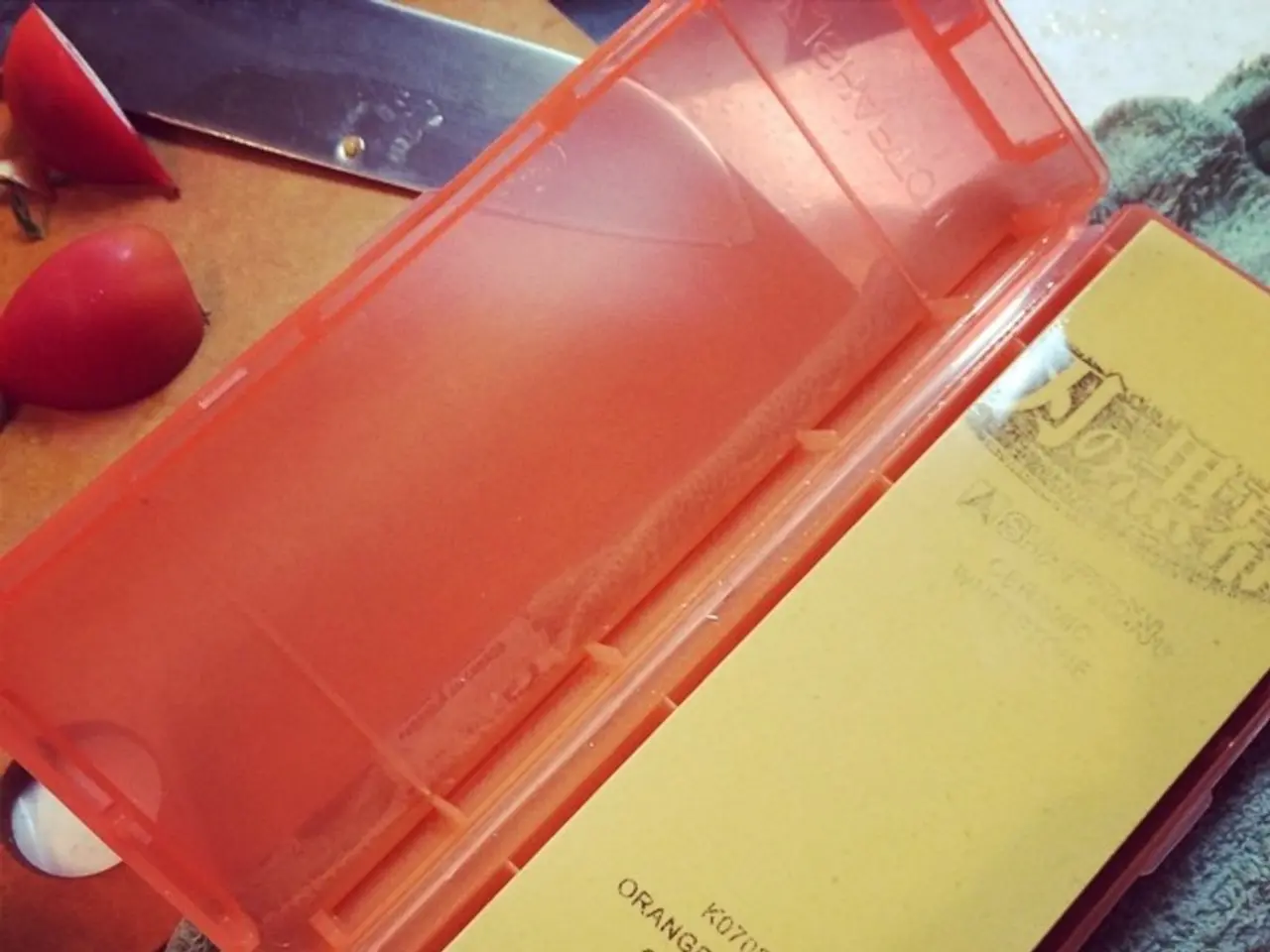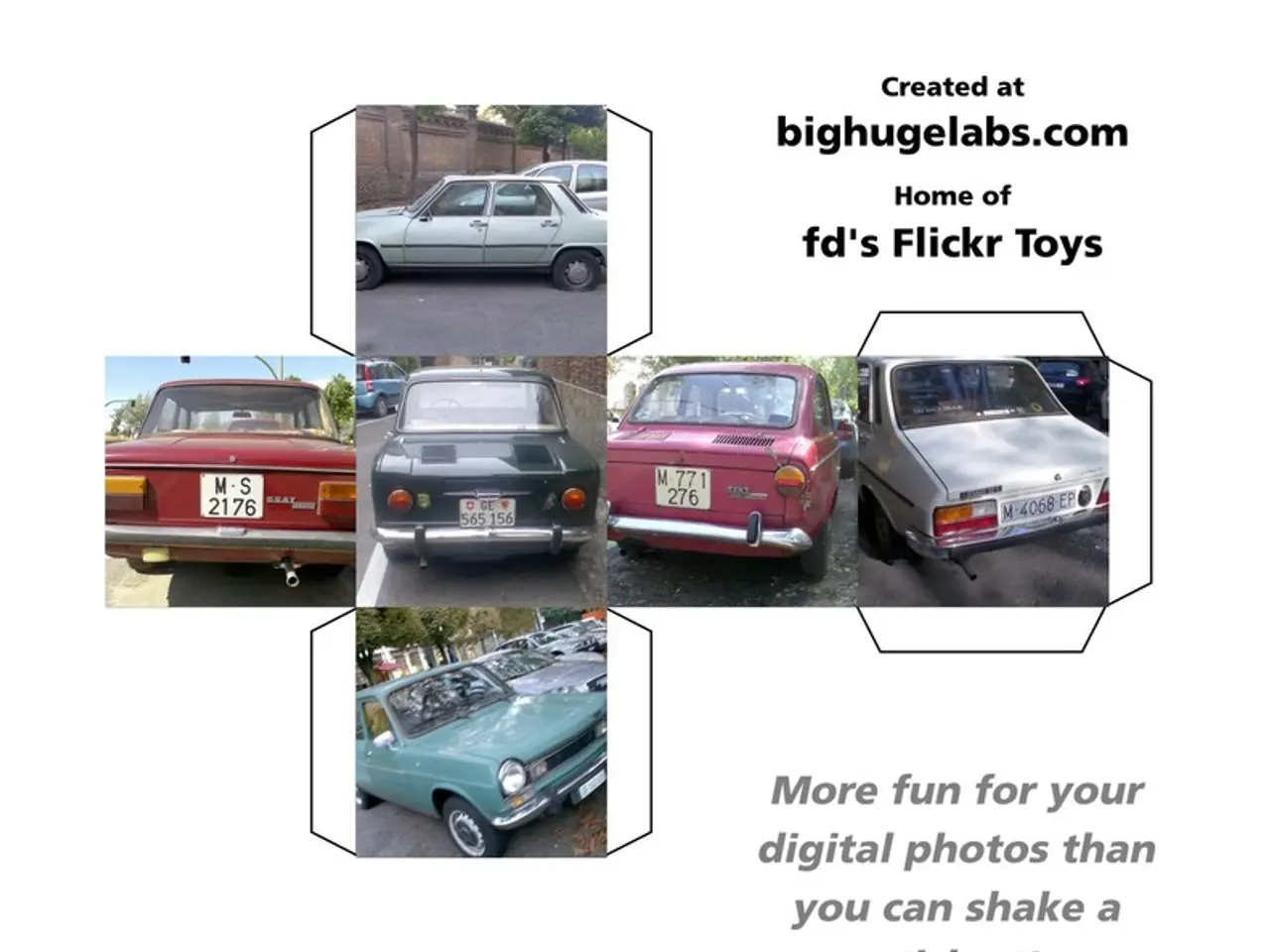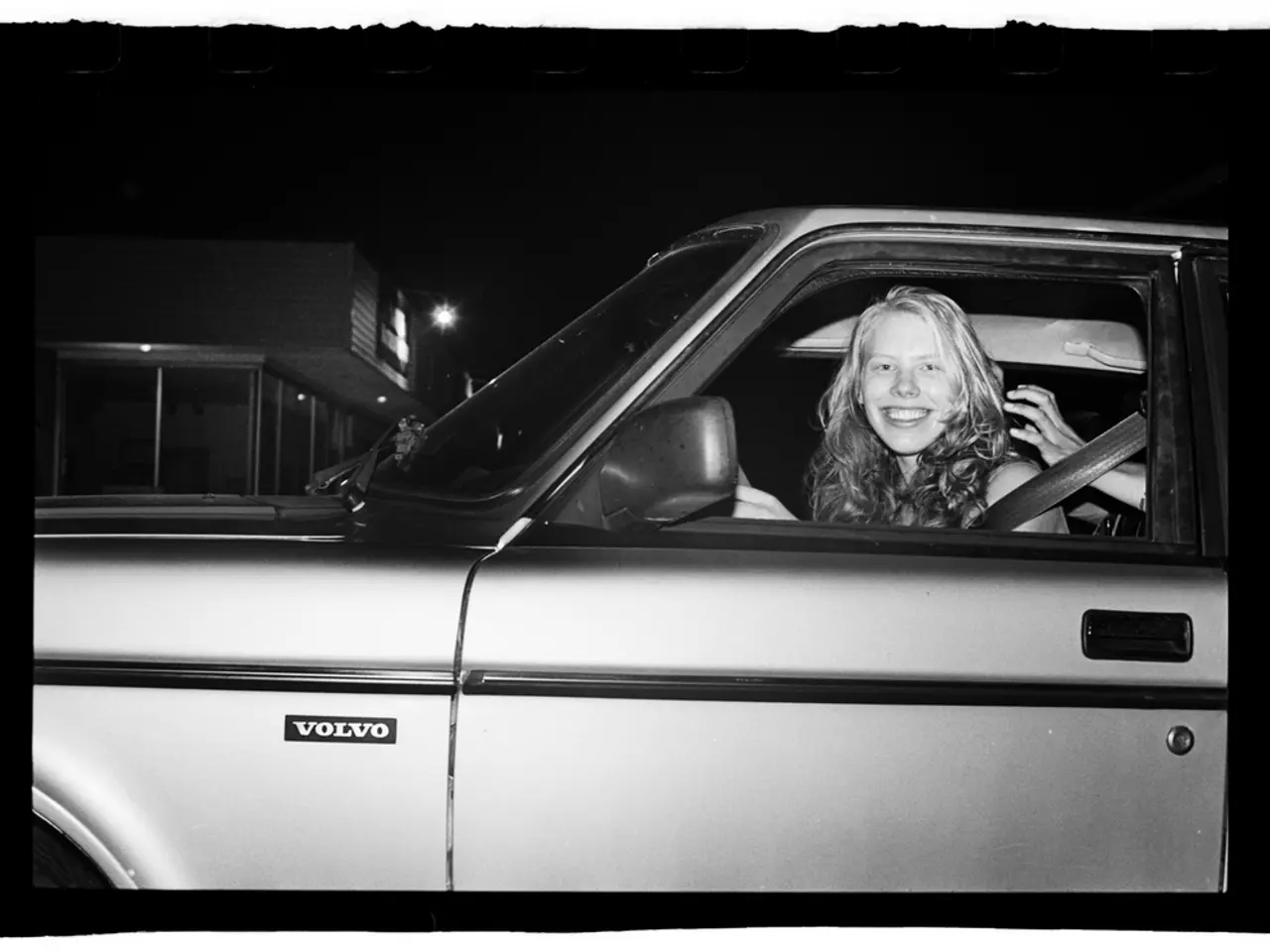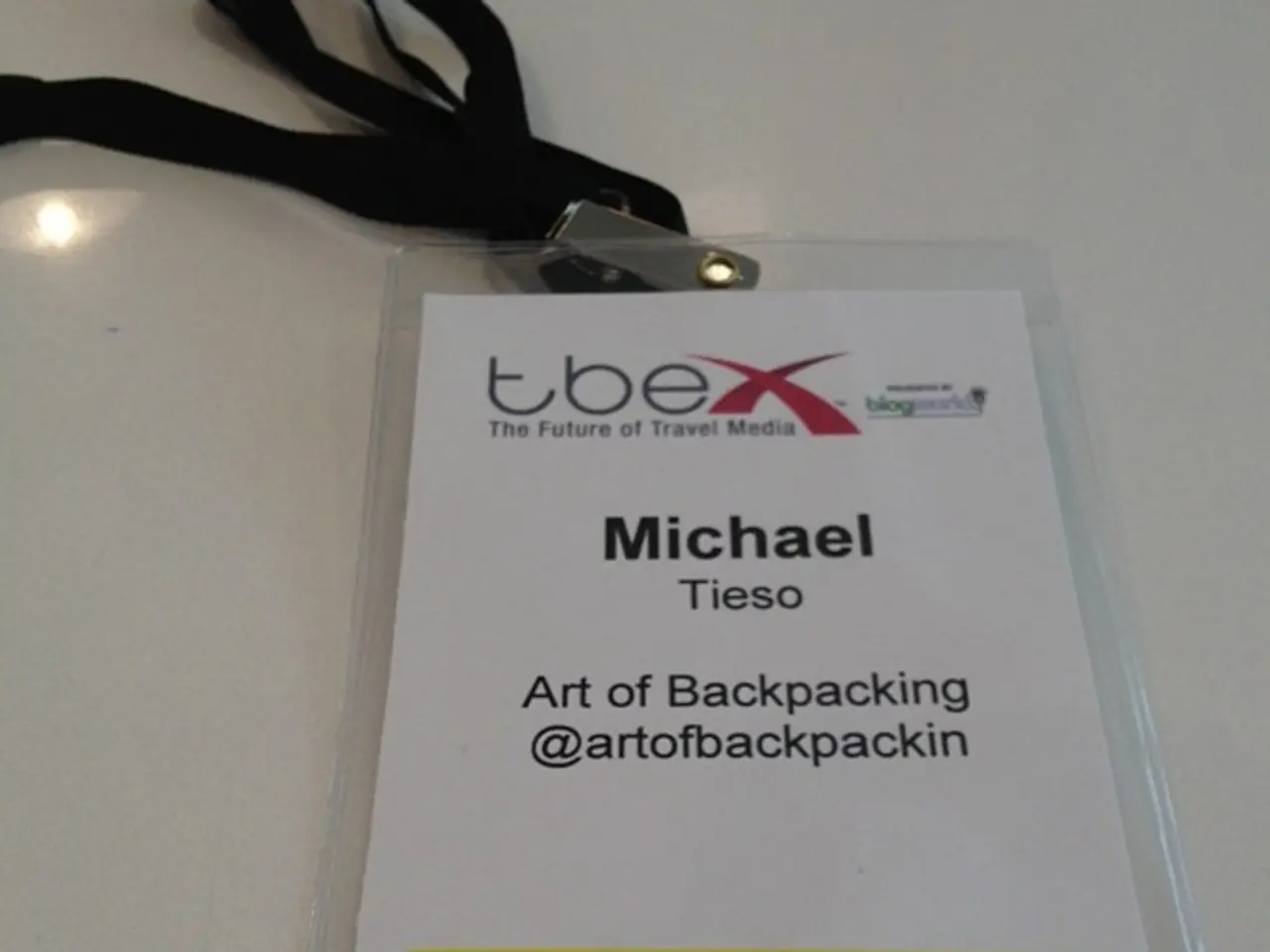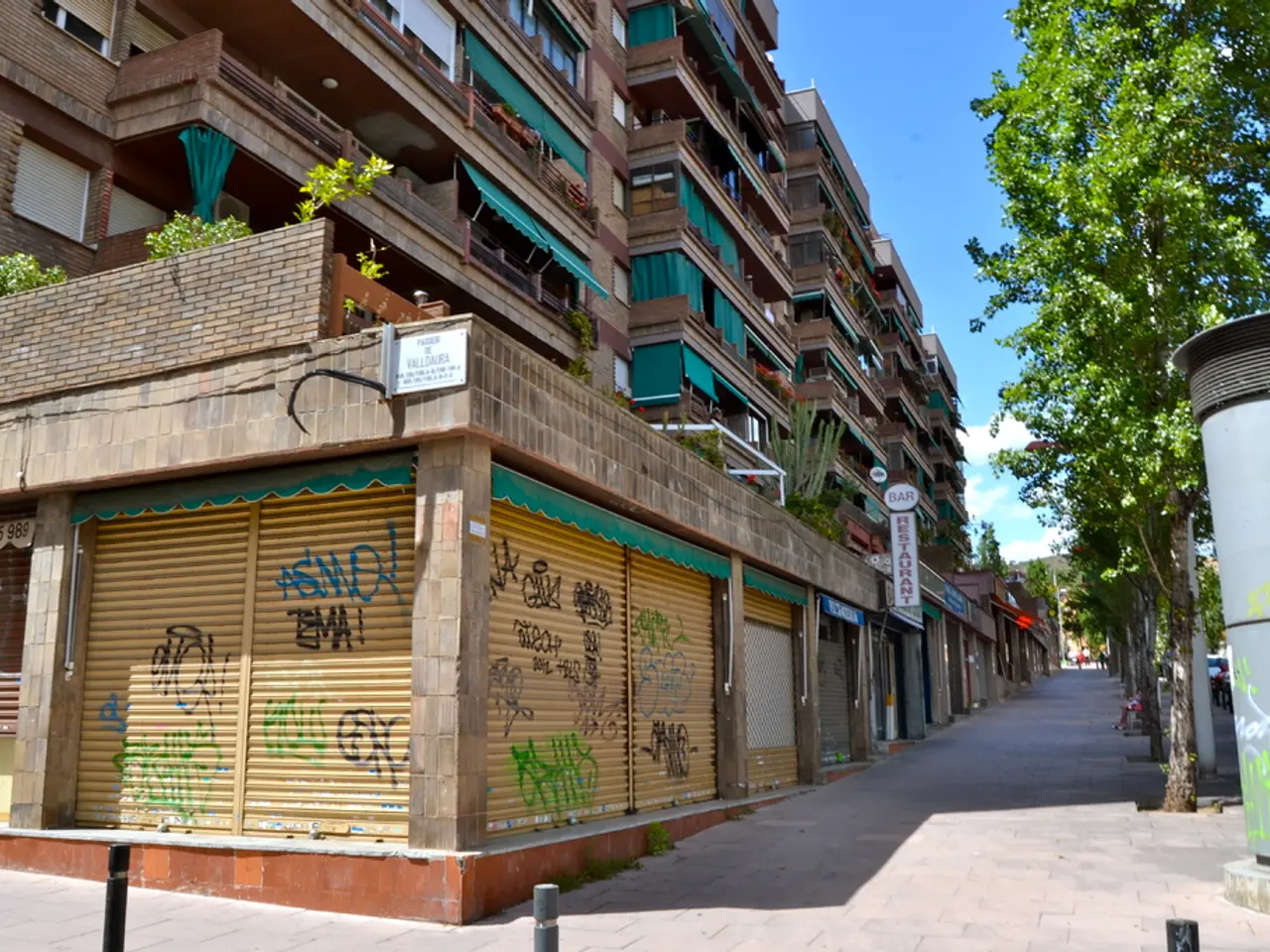MGA Advances to Second Stage of Cryptocurrency Trials
The Malta Gaming Authority (MGA) has announced the second phase of its Sandbox Framework project, focusing on the use of cryptocurrencies in licensed gaming providers. This move aligns with the growing interest from gaming operators to integrate blockchains and digital currencies into their operations.
The MGA's strategic mission is to foster innovation while regulating gaming, and the authority's proactive approach in developing a Sandbox Framework project for the use of these technologies in a controlled regulatory environment is due to the immense potential of blockchains and digital transactions.
The project's focus is on blockchain technology, a central element of cryptocurrencies like Bitcoin. Participating companies must hold valid licenses from the MGA or equivalent authorities, ensuring compliance with existing gaming regulations and demonstrating a clean disciplinary record without unresolved complaints or links to dormant holding companies.
Licensed providers need to have blockchain-based solutions ready for testing, including provably fair mechanisms with transparent and verifiable randomness proofs to assure fairness in gaming outcomes. Demonstration of robust security measures such as two-factor authentication, SSL/TLS encryption, DDoS mitigation strategies, and segregation of cold wallets is essential.
Advanced privacy techniques like zero-knowledge KYC methods that comply with anti-money laundering (AML) regulations may also be encouraged to protect user identity while maintaining compliance. Participants are expected to engage in regulatory dialogue fostered by the Malta Digital Innovation Authority (MDIA) and MGA to align blockchain applications with legal and ethical standards.
Every money transfer using blockchain technology is made public for all involved users, while the respective business partners can remain anonymous if desired. Given blockchain's immutable nature, providers must implement strong data protection measures such as data encryption, off-chain storage of sensitive information, and privacy-preserving technologies to comply with data protection legislation.
The system does not require external financial administrators and controllers, such as banks. Upon signing a document acknowledging awareness of all regulations, the testing phase will commence for participating companies. These experiments, called Innovative Technology Arrangements (ITAs), are awarded through an application process.
The MGA's goal is to ensure that operators comply with all regulatory requirements during the test phase. Participating companies will operate within a controlled environment where their blockchain solutions undergo comprehensive evaluation, including transaction speeds, security audits, and fairness verification, with ongoing reporting to the regulators.
One of the first companies to launch a blockchain gambling project was the Bulgarian online casino game developer SBTech in March 2018. It remains to be seen when the first online casinos based on cryptocurrency will be established. Following approval by the Maltese Parliament in May 2018, the MGA is now launching the second test phase of the Sandbox Framework project.
Sources: 1. Malta Gaming Authority. (n.d.). Sandbox Framework. Retrieved from https://www.mga.org.mt/regulated-activities/innovation-lab/sandbox-framework/ 2. Malta Digital Innovation Authority. (n.d.). Innovative Technology Arrangements. Retrieved from https://www.maltadia.org/innovative-technology-arrangements 3. European Gaming Media and Events. (2018, May 16). Malta Gaming Authority launches second phase of Sandbox Framework for blockchain testing. Retrieved from https://europeangaming.eu/news/2018/05/16/81830_malta-gaming-authority-launches-second-phase-of-sandbox-framework-for-blockchain-testing/ 4. Malta Today. (2018, May 24). MGA opens second phase of blockchain sandbox. Retrieved from https://maltatoday.com.mt/news/national/75649/mga_opens_second_phase_of_blockchain_sandbox
Online casinos in Germany could potentially integrate blockchain technology and cryptocurrencies, as shown by the Malta Gaming Authority's (MGA) second phase of its Sandbox Framework project, which encourages the use of these technologies within a controlled regulatory environment, leveraging technology to align with the growing interest from gaming operators. The MGA's proactive approach in developing this project underscores the immense potential of blockchains and digital transactions for the regulatory framework of online gaming.
